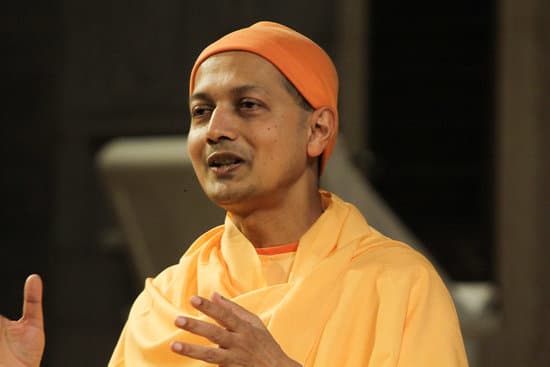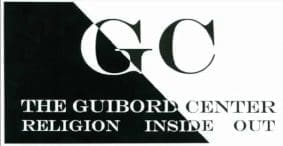Satyagraha refers to the spiritual practices and principles that form the core of Mahatma Gandhi’s teachings about nonviolence. This way of being became the major tool of social change in India’s movement for independence from British rule. Satyagraha also strongly influenced world change leaders including Nelson Mandela, Dr. Martin Luther King Jr., and the Rev. James Lawson.
What is satyagraha?
Mahatma Gandhi coined the term from the Sanskrit words “satya” (truth) and “agraha” (the pursuit of). It refers to a method of peaceful resistance based on ahimsa (nonviolence) and other spiritual practices and principles.
Satyagraha became a major tool in India’s movement for independence from British rule. It also inspired other change leaders including Nelson Mandela and Dr. Martin Luther King, Jr. and Rev. James Lawson, Jr.
The Search for Truth
In this lecture, Swami Sarvapriyananda describes Mahatma Gandhi’s search for truth and his creation of satyagraha. He notes that for the Mahatma, truth “always meant the ultimate truth: God.” In fact, Gandhi said it as “Truth is God.” In this way, truth is available to everyone, whether they believe in God or not. When this truth is embodied as a moral force, Swami notes, that is one way to understand satyagraha.
Swami goes on to point out places where the world’s forces collide with our spiritual practices. These collisions lead to a better understanding of satyagraha in our daily lives and how we can ultimately find our way.
In Swami’s words, “The spiritual and philosophical basis of Gandhian nonviolence is often overlooked. We must seek to understand the Mahatma’s spiritual philosophy in depth if we are to assimilate and adapt nonviolence to the issues of our times.”

Swami Sarvapriyananda is the spiritual leader of the Vedanta Society of New York. Known as an electrifying speaker, Swami Sarvapriyananda has been a monk in the Ramakrishna order for over 25 years. He is one of three Hindu monastics in residence at Harvard Divinity School.
